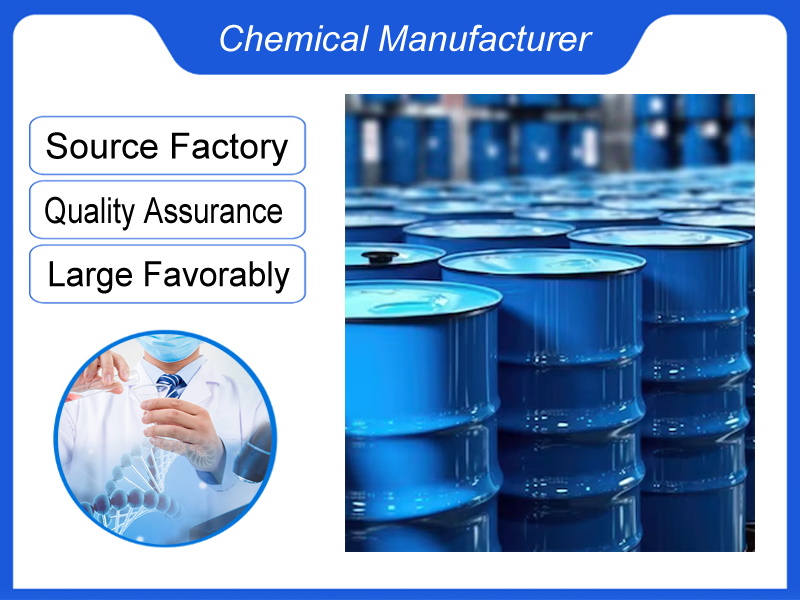
Kanamycin Acid Sulphate CAS 64013-70-3
We are a manufacturer based in China. We specialize in providing high-quality Kanamycin Acid Sulphate CAS 64013-70-3 for industrial clients across various sectors. Whether you need chemicals consultation or technical support, our team is here to help.
Category:Active Pharmaceutical Ingredients Own Brand:MT /MOQ:100KG /From China/ B2B only.
Introduction
Molecular Formula: C18H40N4O19S2
Molecular Weight: 680.66
CAS No.: 64013-70-3
It is an aminoglycoside broad-spectrum antibiotic, and its antibacterial spectrum is similar to neomycin.
Description:It is a white or almost white, hygroscopic powder. It is soluble in about 1 part of water, practically insoluble in acetone and in alcohol.
Application:It is a broad-spectrum aminoglycoside antibiotic with similar antimicrobial spectrum and neomycin. Clinically, it is mainly used for pulmonary infection, urinary tract infection, biliary sepsis and abdominal infection caused by sensitive bacteria. It can also be used for Staphylococcus aureus infection which is resistant to other antibiotics but sensitive to this product. For the treatment of tuberculosis, this product can be used as a second-line drug.
Packing and Storage:Preserve in tight container. If the substance is sterile, store in a sterile, tamper-proof container.
Minimum Order
One package
Kanamycin Acid Sulphate: A Veterinary Antibiotic
Kanamycin Acid Sulphate is an important antibiotic in veterinary medicine, widely used for treating bacterial infections in animals.
1. General Characteristics
| Aspect | Details |
| Classification | Aminoglycoside antibiotic |
| Source | Produced by Streptomyces kanamyceticus. The acid sulphate form is obtained through a chemical process that involves the addition of sulphuric acid to kanamycin. This form is more soluble in water compared to some other kanamycin salts, which is beneficial for veterinary applications. |
| Formulation | Available as powders, which can be formulated into injectable solutions for parenteral use, allowing for rapid absorption into the bloodstream of animals. It can also be incorporated into feed premixes for oral administration to livestock and poultry, although absorption via this route may be less efficient. Additionally, there are topical formulations for treating skin infections. |
| Solubility | Highly soluble in water. This property enables easy preparation of solutions for different routes of administration. For example, it can be easily dissolved in drinking water for animals or used to create injectable solutions with accurate dosing. |
2. Mechanism of Action
| Action | Explanation |
| Inhibition of Protein Synthesis | Kanamycin Acid Sulphate binds to the 30S ribosomal subunit of bacteria. This binding disrupts the initiation of protein synthesis and causes misreading of the genetic code on the mRNA. As a result, incorrect amino acids are inserted into the growing polypeptide chain, leading to the production of non – functional proteins. This disruption ultimately halts normal bacterial growth and leads to cell death. |
| Selective Activity | It has a broad – spectrum antibacterial effect, with a primary focus on Gram – negative bacteria. The unique structure of the ribosomes in these bacteria allows for specific binding of kanamycin acid sulphate, enabling its antibacterial action. It also exhibits some activity against certain Gram – positive bacteria, although it is generally less effective against them compared to Gram – negative counterparts. |
3. Clinical Applications and Considerations
| Category | Details |
| Applications | – Treating respiratory tract infections in livestock and poultry. In poultry, it is effective against Escherichia coli and Pasteurella multocida, common pathogens that cause respiratory diseases. In cattle, it can combat respiratory infections caused by Mannheimia haemolytica. – Used to manage gastrointestinal infections in animals. It is particularly useful against Salmonella spp. and other Gram – negative pathogens that cause diarrhea and other intestinal disorders. – Treating skin and soft – tissue infections in animals. Topical applications can be used to address infections caused by Staphylococcus spp. and Streptococcus spp. |
| Considerations | – Overuse can lead to the development of antibiotic – resistant bacteria. It is crucial to adhere to proper dosage and treatment duration as prescribed by veterinarians to minimize the risk of resistance. – High doses or long – term use may cause nephrotoxicity and ototoxicity in animals. Monitoring of renal function and auditory function may be necessary, especially during extended treatment periods. – Caution is required when using it in combination with other drugs. There may be potential drug – drug interactions, especially with other nephrotoxic drugs. Combining kanamycin acid sulphate with such drugs may increase the risk of kidney damage. |
Kanamycin Acid Sulphate plays a vital role in maintaining the health and productivity of livestock, poultry, and other animals by effectively treating a wide range of bacterial infections.
If you're ready to take the next step, Leave your message below and we’ll reply soon. 20+ years of chemical manufacturing & export experience, a partner you can trust.





